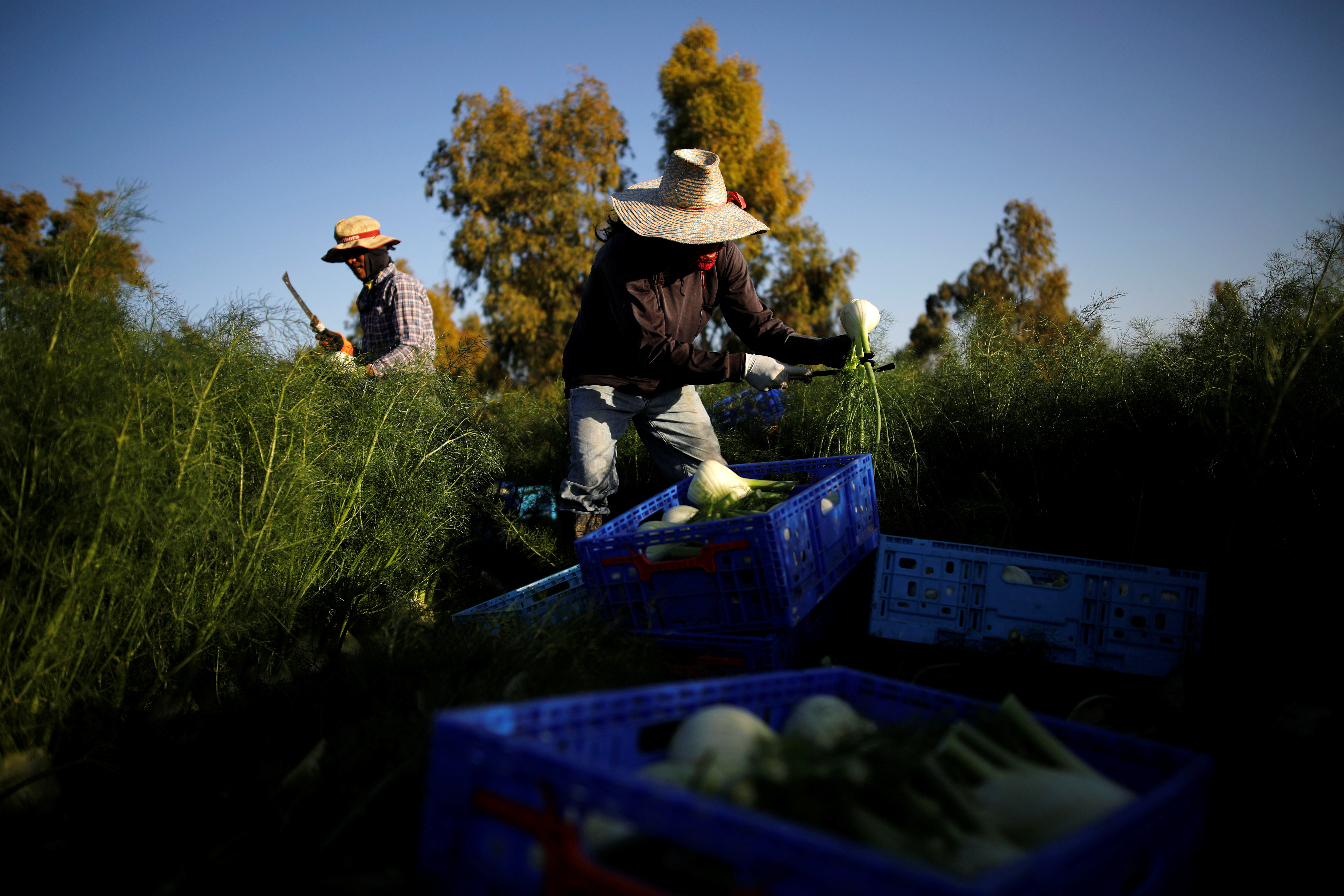
Bangkok, Thailand – The distinctive Buddhist tattoo on the shoulder of the man lying face down on a roadside at the point of Hamas guns confirmed Kanyarat Suriyasri’s worst fears.
“I immediately knew it was my husband,” Kanyarat told Al Jazeera.
Owat Suriyasri, 40, is feared to be among the 14 Thai nationals believed to have been taken from Israel into Gaza by Hamas fighters as captives.
“I just want to appeal to Hamas to release the Thais – they have nothing to do with this. They only left Thailand to work to provide for their families,” Kanyarat said. “They all have children.”
Owat, a father of two teenage boys, moved to Israel to work on a farm.
Like most of the 30,000 Thais working in Israel, mostly in agriculture, Owat hails from Isaan, Thailand’s poorest region.
For families like Owat’s that do not own land, working overseas offers the chance to build a nest egg – an arduous task in Thailand’s northeastern region, where workers typically earn as little as 6,000 baht ($160) a month.
“Otherwise you have to live paycheque to paycheque … you can never start a life without owning some land here,” Kanyarat, 39, said.
Feared missing or dead
Thailand has reported the second highest death toll from Saturday’s attack by Hamas fighters.
At least 20 Thai migrant workers were feared dead, Kanchana Patarachoke, a spokesperson for Thailand’s Ministry of Foreign Affairs, said on Wednesday, raising the death toll from 18. That figure had risen to 21 by Thursday, the second most fatalities suffered by a foreign country after the United States which confirmed that 27 of its citizens had died in the violence.
Approximately 1,300 Israelis were killed in the Hamas attack, according to Israeli officials, and more than 1,500 Palestinians have been killed in subsequent strikes on Gaza by Israeli forces.
On the “Thai labourers in Israel” Facebook page, desperate relatives are seeking news of others feared missing or dead.
The hometowns listed by families include some of the poorest places in Thailand, including Kalasin, Surin, and Sisaket.
After two years of working on an Israeli avocado, pomelo and lime farm a few kilometres from the Gaza border, Owat was due to make his first visit home to his family in Sisaket at the end of the year.
Kanyarat said her husband was planning to complete his five-year contract in Israel, pay off debts and come back to Thailand with enough savings to build a small house and send their kids to college.
“I’m pleading with them not to do anything to him, I turned off my socials, I don’t watch the news any more … I’m too scared,” Kanyarat said.
Owat’s home in Khantaralak district runs mainly on income from rubber and rice plantations.
But rubber prices have fallen to 20 baht ($0.5) a kg, according to village chief Tawan Wangkahad, pushing dozens of locals to leave for Israel in recent years.
“They all want to come home for sure,” he told Al Jazeera.
“But most people are in debt, they have to borrow money to buy equipment to work in agriculture, sometimes they borrow to rent land to farm with interest payments of 10 percent.”

In 2011, Israel signed an agreement with Thailand to increase supervision and scrutiny of the recruitment process. Tel Aviv said the agreement, which has since lapsed, would reduce by 80 percent the cost of broker fees of up to $10,000 for Thai workers going overseas.
Under the countries’ labour scheme, Thai workers are paid a minimum wage of 5,300 shekels a month ($2,000), six or seven times more than they earn at home, which in theory should allow them to pay off their agents and brokers within months – and start saving.
Charlie Loisoong, chairman of the Thai Labour Solidarity Committee, said most Thai migrant workers in Israel were farmers back home with low incomes and low levels of education.
“They’d have to work so hard their whole life here, but they only need five years over there to stand on their own feet,” he told Al Jazeera.
“It’s hot and dangerous in the Middle East but Israel is probably the best option for overseas work.”
Israel ranks third behind South Korea and Taiwan for registered Thai migrant workers.
As the first coffins carrying the victims returned to Thailand on Wednesday, relatives spoke of the sacrifices made by their loved ones overseas.
Some left their homes to pay down debts or school fees, or to provide for elderly parents or children in rural villages where work is restricted to agriculture.
“There’s nothing we can do about it but to wait and pray,” Piyanus Phujuttu, whose cousin Khomkrit Chombua was seen on video being held captive by Hamas, told Al Jazeera.
“He went because money and opportunity are just better than Isaan. Why did this have to happen to my family?” she added.
Thailand’s government has announced plans to evacuate more than 3,000 workers who have said they want to leave Israel immediately, while Israel has told Bangkok that another 5,000 in areas close to the Gaza border have been pulled back to safer zones.
Despite the dangers, some poor Thais feel that opportunity must come before their security.
On the “Thai labourers in Israel” Facebook page, one Thai worker said he would go back, no matter how bad the security situation gets.
In the rush of comments that followed, another post summarised the feelings of many Thai overseas workers: “Poverty is scarier.”







